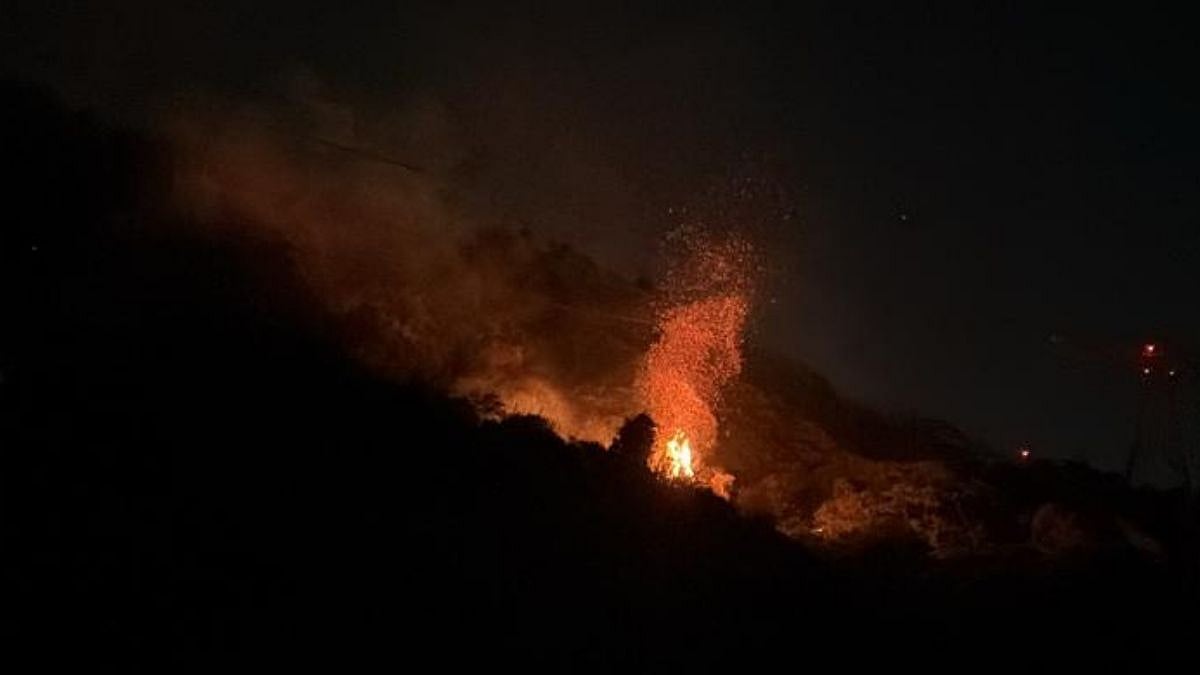China is all set to send its youngest-ever astronaut team to the Tiangong space station this week as the country pursues plans for a human mission to the moon by the end of the decade, officials confirmed on Wednesday.
Tiangong is the crowning achievement of Beijing's space programme, as it has previously landed robotic rovers on Mars and the moon and made China the third country to position humans in space. The station is regularly crewed by three-person teams, rotating every six months.
About the date and time
The Shenzhou-17 module, which will carry the trio to the station, is set to launch from the Jiuquan launch site in China's arid northwest at 11:14 am (03:14 GMT) on Thursday.
In its statement, Bejing's state council information office said, "It is the team of astronauts with the youngest average age since the launch of the space station construction mission."
About the crew
On his first return voyage to the Tiangong space station, Tang Hongbo will lead the all-male trio. In the press meeting, Tang said, "Over the past two years, I have often dreamt of returning back to space. Adding that the space station is his other home that takes him away from earth and into the universe.
Tang Shengjie and Jiang Xinlin will accompany Tang Hongbo. Both astronauts are in their thirties and are making their first-ever space voyage. The crew's average age is 38, compared to 42 for the Shenzhou-16 crew when it launched.
While addressing the press, China's space programme spokesperson, Lin Xiqiang, said, "According to the plan, the Shenzhou-17 spacecraft will perform autonomous rendezvous and docking procedures after entering orbit." Additionally, he said that after initiating the procedure, it would dock with the station's core module, 'about six-and-a-half hours.' The officials further confirmed that after completing a handover, the crew will return to earth on October 31.
About space dream
Under President Xi Jinping, plans for China's 'space dream' have been accelerated. The country has pumped billions of dollars into its military-run space programme to catch up with the United States and Russia.
The Shenzhou-15 spaceship's return capsule came down at a landing location in northern Inner Mongolia in June. State media praised the mission, saying it's a 'complete success.' In the same month, China also witnessed the launch of the Shenzhou-16 capsule carrying its first civilian, Beihang University professor Gui Haichao, into space.
China intends to send a crewed trip to the moon by 2030. Also, plans to establish a base on the lunar surface. Spokesperson Lin reiterated the country's ambition, saying that the goal of landing Chinese people on the moon by 2030 will be realised as planned.





